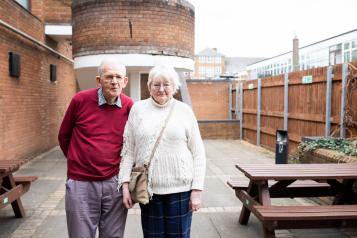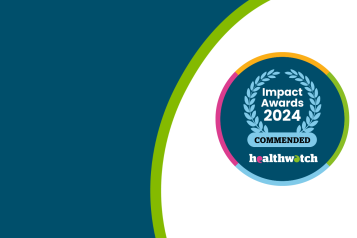COVID-19 cases rise across North Yorkshire with spikes in Selby, Scarborough and Harrogate districts

The county council has revealed that like the rest of the country, North Yorkshire has seen a significant rise in cases during the last week, particularly among young people.
Increases have been seen across the county, but particularly in the Selby, Scarborough and Harrogate districts. The week from 1 to 7 September saw 129 new cases in North Yorkshire, including:
- 28 in the Harrogate district
- 31 in Scarborough district
- 36 in Selby district.
North Yorkshire County Council Leader Cllr Carl Les said: “We are seeing an escalation in the number of cases. While this remains lower than in some neighbouring towns and cities, such as Middlesbrough and Leeds, there is no room for complacency.
“Now is the time that we must all follow the guidance to protect ourselves and each other. We don’t want people to be over-anxious, but everyone needs to be vigilant. The sacrifices people have made during the pandemic were outstanding and we must all stick to the guidance to avoid a second spike."
We want people to be able to continue to get back to enjoying again the activities they were used to enjoying. But to do that we must keep a firm grip on the vital precautions that became routine to us earlier in the year.
‘Younger people’
The county council is working closely with Public Health England, NHS Test and Trace and environmental health partners to understand the spread of the virus in local communities and to take appropriate actions to control outbreaks.
Dr Lincoln Sargeant, North Yorkshire’s Director of Public Health, said: “We know that the majority of recent infections appear to be among younger people, those under 30. Most of the cases are spread within households, and we are aware of a small number of outbreaks related to workplaces and the hospitality sector.
“A crucial step in controlling the spread of the virus is for people to limit unnecessary interactions with others. Avoid socialising outside of your social bubbles. In going about daily activities observe social distancing guidance and wear face coverings where it is not possible to maintain 2m social distance."
We know some establishments have chosen to close as a precaution. We do not routinely recommend closure of a business unless this is necessary to prevent ongoing transmission linked to that business. However, some businesses may choose to close temporarily to implement additional safety measures, including cleaning, or because staff members are self-isolating. Where there are people testing positive, we work with our partners to provide specific advice to those businesses on the appropriate measures to take to prevent spread of the virus.
Guidance
- Wash your hands regularly for 20 seconds with soap and water or use hand sanitiser.
- Keep a safe two-metre distance, meet outside where possible, avoid crowded places, do not meet up with anyone outside your home if you have Covid-19 symptoms.
- You must wear a face covering on public transport, in shops and in indoor public spaces.
- If you have Covid-19 symptoms, book a test immediately and self-isolate at home: visit www.northyorks.gov.uk/TestandTrace
What happens if you have a positive test
- You must self-isolate for ten days and members of your household must self-isolate for 14 days from when you started having symptoms. Self-isolation means remaining at home and not going outside for any reason.
- You will be contacted by NHS test and Trace who will send you a text or email alert or call you with instructions of how to share details of people with you whom you have had close recent contact and places you have visited. You will be told this online via a secure website or you will be called by a contact tracer.
- You will be sent a link to the NHS Test and Trace website and asked to create a confidential account where you can record details about recent close contacts. If you do not have internet access or if you don’t complete the online process, a contact tracer will phone you to gather this information.
- When NHS Test and Trace contact people to advise them to self-isolate, they will not be told your identity.
- Close contact means:
- having face-to-face contact with someone less than one metre away, including when you wore a face covering;
- spending more than 15 minutes within two metres of someone
- travelling in a car or other small vehicle or close to someone on a plane.
- If you need support while self-isolating and have no other support available, you should call the County Council’s customer services on 01609 780780.


